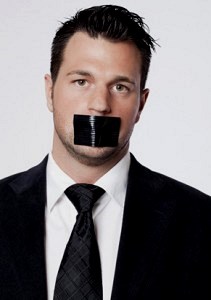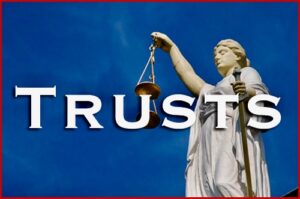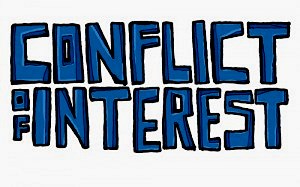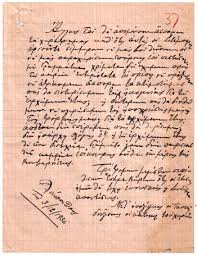
Re Zenrosso Estate 2023 BCSC dealt with an issue where a conflict of interest arose with respect to a lawyer representing the sole beneficiary personally and also in the capacity of the executor at a passing of accounts where the lawyer would also be a witness. The issue was the division of fees between acting in the role of executor and being the residual beneficiary
The court held that the lawyer was in a conflict of interest and was removed as acting for the executor at the passing of the accounts.
The Code of Professional Conduct for Lawyers In British Columbia [Code] states:
2.1-3(k) A lawyer who appears as an advocate should not submit the lawyer’s own affidavit to or testify before a court or tribunal except as to purely formal or uncontroverted matters, such as the attestation or custody of a document, unless it is necessary in the interests of justice. If the lawyer is a necessary witness with respect to other matters, the conduct of the case should be entrusted to other counsel
5.2-1 A lawyer who appears as advocate must not testify or submit his or her own affidavit evidence before the tribunal unless
(a) permitted to do so by law, the tribunal, the rules of court or the rules of procedure of the tribunal;
(b) the matter is purely formal or uncontroverted; or
(c) it is necessary in the interests of justice for the lawyer to give evidence.
A lawyer should not express personal opinions or beliefs or assert a fact that is properly subject to legal proof, cross-examination or challenge. The lawyer should not, in effect, appear as an unsworn witness or put the lawyer’s own credibility in issue. The lawyer who is a necessary witness should testify and entrust the conduct of the case to another lawyer. …
The Code is not binding on a court, but it may be persuasive as an important statement of public policy: MacDonald Estate v. Martin, 1990 S.C.R. 1235, [1991] 1 W.W.R. 705 at paras. 16 and 18.
This Court has the inherent jurisdiction to remove from the record lawyers who are in a conflict of interest: MacDonald Estate at p. 713.
Some salient factors to be considered in deciding whether to remove a lawyer of record were set out in Essa (Township) v. Guergis, [1993] O.J. No. 2581 at para. 48.
These include:
(a) The stage of the proceedings;
(b) The likelihood that the witness will be called;
(c) The good faith (or otherwise) of the party making the application;
(d) The significance of the evidence to be led;
(e) The impact of removing counsel on the party’s right to be represented by counsel of choice;
(f) Whether trial is by judge or jury;
(g) The likelihood of a real conflict arising or that the evidence will be “tainted”;
(h) Who will call the witness; and
(i) The connection or relationship between counsel, the prospective witness and the parties involved in the litigation.
In Elkay Management Inc. v. Law Studio Professional Corporation, 2021 ONSC 3181 at para. 18, the Ontario Superior Court of Justice provided additional principles to consider on a motion to remove a lawyer of record who may be a witness at trial, in particular (internal citations omitted):
…
(v) The court’s concern of a lawyer appearing as a witness is that (i) there may be a conflict of interest between the lawyer and client and (ii) the administration of justice can be impaired by a conflict between the lawyer’s obligations of objectivity and detachment which are owed to the court and the lawyer’s obligation to his or her client to present evidence in as favourable a light as possible. …
(xi) If there is some doubt or “merely a potential” that a lawyer will be called as a witness at trial, the courts should be more generous in allowing the lawyer to remain on the record and deferring the matter until after discoveries or leaving the matter to the trial judge…
(xii) “In view of the expense of litigation and the enormous waste of time and money and the substantial delay which can result from an order removing solicitors, courts should only do so in clear cases”…
(xiv) Certainty that a lawyer will be called as a witness is not required. Rather, the court must consider the likelihood of the lawyer being called as a witness…
At para. 15 of Webb v. Attewell (October 4, 1994) Vancouver A013381/CA13480 (B.C.C.A.), cited in Fraresso v. Wanczyk, 1995 CanLII 1127 (B.C.S.C.) at para. 7:
The law does not forbid a barrister appearing for his client because he has given, or may have to give, evidence. The rule of professional practice is that he or she ought not to do so when doing so may put the court in an invidious position. The court is in an invidious position when counsel gives evidence on a contested issue. When counsel does that, he or she is also in the embarrassing position of inviting the court to accept counsel’s evidence rather than that of another witness.




